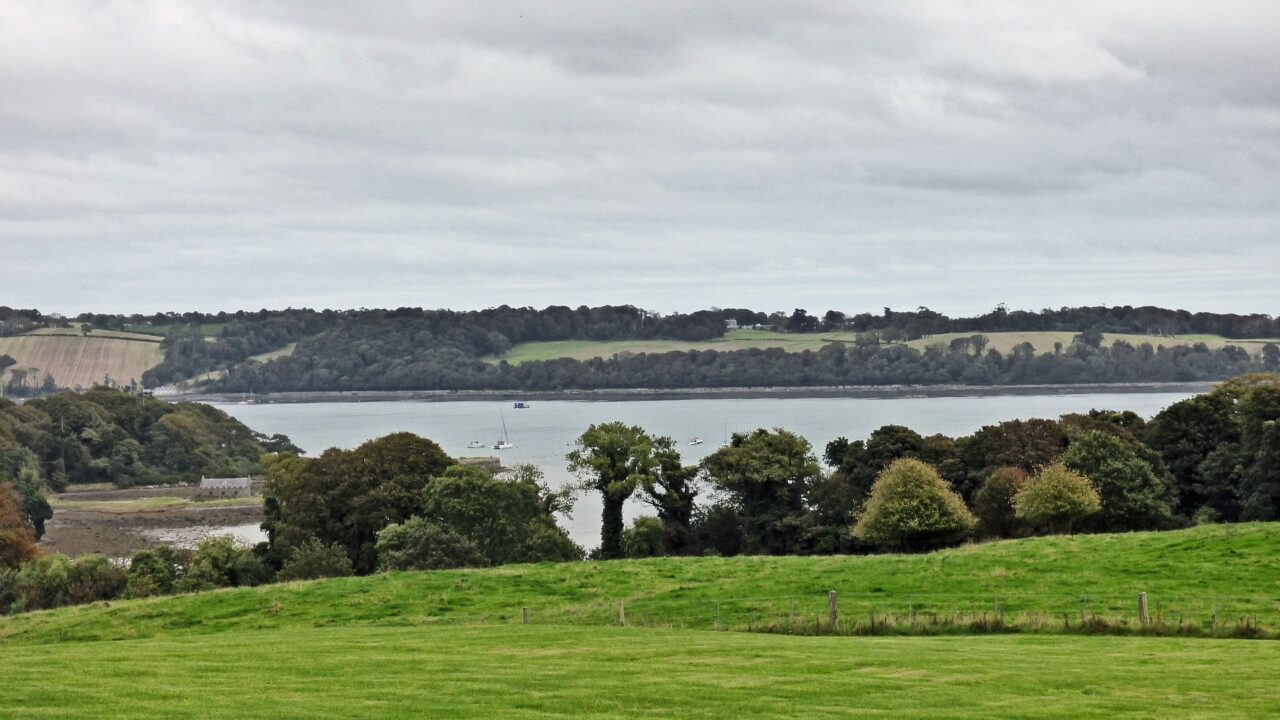MLA Claire Sugden has said local farmers must be given clarity on ammonia emissions protocol.
The independent MLA said that a “planned ammonia strategy and associated operational protocol was supposed to be delivered by Department of Agriculture Environment and Rural Affairs (DAERA) this year”.
However, “in the absence of an executive, this has not been possible”.
“Farmers can only work with the advice they are given, so clarity on this is vital. Many already go to extra lengths to reduce their ammonia emissions – if more work needs to be done then they need both the information and support to do so,” she stated.
Ammonia Strategy for Northern Ireland
DAERA has presented a consultation on the draft Ammonia Strategy for Northern Ireland.
According to DAERA this draft strategy was developed under the leadership of the former DAERA Minister, Edwin Poots. It said the draft strategy will help plan the way forward to reduce ammonia emissions from agriculture.
Speaking on the matter, DAERA said it recognised that it does not “have all the answers and this consultation will help strengthen the draft strategy”.
DAERA issued guidance so that councils can make decisions on planning applications – almost exclusively those relating to agriculture.
Sugden stated that councils, “and by extension farmers”, could only work with the DAERA-set advice.
“This investigation by the Office for Environmental Protection will hopefully shine a light on whether the guidance DAERA has been issuing has been in-step with its legal obligations,” Sugden continued.
“With agriculture responsible for more nearly all the ammonia emissions in Northern Ireland, this will have a direct impact on farmers and their work.”
DAERA
DAERA said it welcomes views and has posed questions throughout the draft strategy. The department said it is “keen” to have as many responses as possible to these questions and any other “practical and affordable” ideas or suggestions.
The responses will be used to inform a reworked draft Ammonia Strategy for an incoming minister and new executive to consider.
The department is also developing a ‘Call for Evidence’ to inform a new operational protocol to assess the impacts of air pollution on the natural environment with an aim to publish this separately in 2023.
